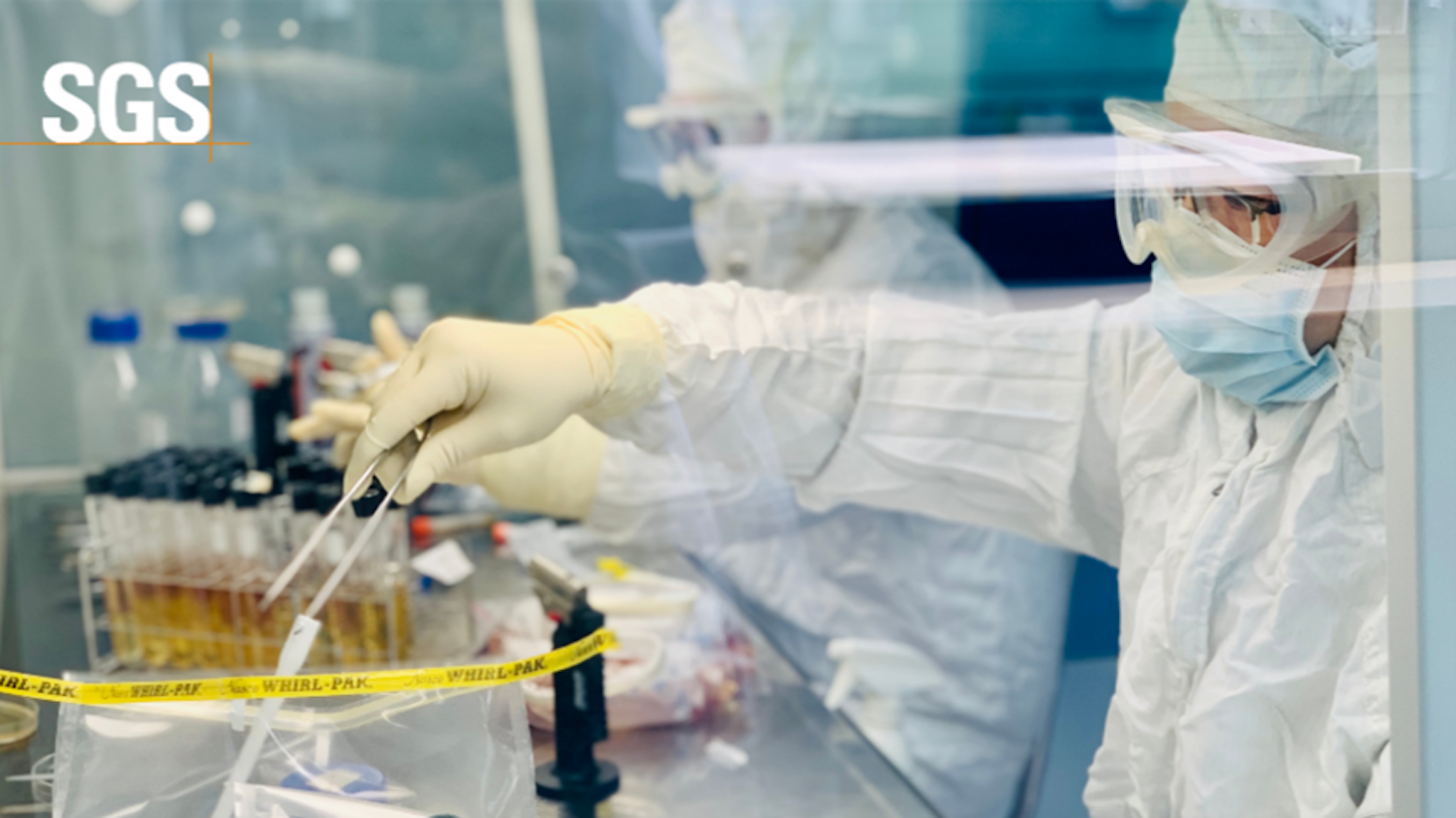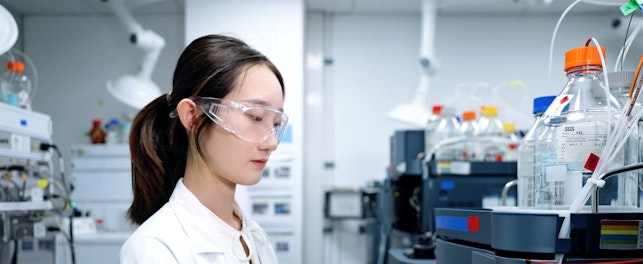Antibiotic potency determination is a cornerstone of pharmaceutical research and development, manufacturing and quality control, serving as the critical link in assessing the activity and efficacy of antibiotic drugs.
Why antibiotic potency testing is necessary
Antibiotic potency testing quantitatively analyzes an antibiotic’s ability to inhibit specific microorganisms, ensuring it meets clinical treatment needs and quality standards.
Because antibiotics vary widely in type, mechanism of action and sensitivity to external factors such as strain sensitivity, culture conditions and experimental methods, standardized potency tests are required to verify biological activity. Pharmacopoeias – including the Chinese Pharmacopoeia (ChP), the United States Pharmacopeia (USP) and the European Pharmacopoeia (EP) – along with regulatory authorities worldwide, explicitly mandate antibiotic potency testing to ensure drug safety and efficacy.
Key challenges
- High requirements for strain standardization: internationally recognized reference strains must be used, with strict controls on storage, subculture and activity verification
- Complex experimental operations: multi-step processes – including microbial culture, standard dilution, sample preparation and inhibition zone measurement – demand high technical proficiency of personnel, operational consistency and precision
- Difficulty in exploring suitable test conditions: variables such as bacterial suspension concentration, dispersion and medium coagulation must be finely tuned for each antibiotic to ensure compliance with the requirements for inhibition zone diameter and/or recovery rate in different pharmacopoeias. Even minor deviations can alter inhibition zone results, making optimization time-consuming and complex
- Poor reproducibility of results: operator technique and strain growth conditions often cause fluctuations, complicating the stable reproduction of results
Why reference strains are required
Reference strains are critical for ensuring comparability and reproducibility of potency testing. With stable genetic characteristics and predictable sensitivity, they provide a reliable benchmark for evaluating antibiotic activity.
In line with USP-NF 81 and the ChP, reference strains must be regularly traced to their source and verified for activity to ensure accuracy and reliability of results.
Controlling experimental errors
To overcome variability and ensure reproducibility, laboratories adopt strict error-control measures:
- Adherence to validated testing procedures
- Standardization of incubation temperature, humidity and time
- Use of automated inhibition zone measuring instruments to eliminate subjective bias and enhance data accuracy
SGS solutions
With comprehensive capabilities and extensive project experience, our experts can rapidly design scientific, compliant testing protocols tailored to different antibiotic types. We have developed a comprehensive suite of development and validation protocols and standardized operating procedures (SOPs), enabling efficient, precise testing services for global clients. To ensure accuracy and reliability, all SGS laboratories use authenticated reference strains as the foundation of antibiotic potency testing.
| Standard | Testing capabilities | Project experience | Advantages |
|---|---|---|---|
| ChP2020, Part Four, General Principles 1201 |
|
Potency determination for various antibiotics, including amphotericin B, gentamicin, novobiocin, bleomycin, erythromycin, neomycin and bacitracin |
|
| USP 81 | |||
| EP 2.7.2 |
Operating under cGMP-qualified laboratory requirements, our antibiotic potency testing teams provide customized protocol design, data verification and global regulatory compliance support. Through these capabilities, we help enterprises achieve efficient product release while maintaining the highest standards of safety, efficacy and regulatory alignment.

For further information, please contact:
Colton Wong PhD CChem CSci MRSC
Health & Nutrition
dVP, Pharma Asia Pacific
m: +852 6018 3632 (Hong Kong); +86 158 0062 3483 (China); +886 905 801 833 (Taiwan)
About SGS
SGS is the world’s leading Testing, Inspection and Certification company. We operate a network of over 2,500 laboratories and business facilities across 115 countries, supported by a team of 99,500 dedicated professionals. With over 145 years of service excellence, we combine the precision and accuracy that define Swiss companies to help organizations achieve the highest standards of quality, compliance and sustainability.
Our brand promise – when you need to be sure – underscores our commitment to trust, integrity and reliability, enabling businesses to thrive with confidence. We proudly deliver our expert services through the SGS name and trusted specialized brands, including Brightsight, Bluesign, Maine Pointe and Nutrasource.
SGS is publicly traded on the SIX Swiss Exchange under the ticker symbol SGSN (ISIN CH1256740924, Reuters SGSN.S, Bloomberg SGSN:SW).
16th Floor, Block A, No.73 Fucheng Road, Century Yuhui Mansion,
Beijing, Haidian District, China



